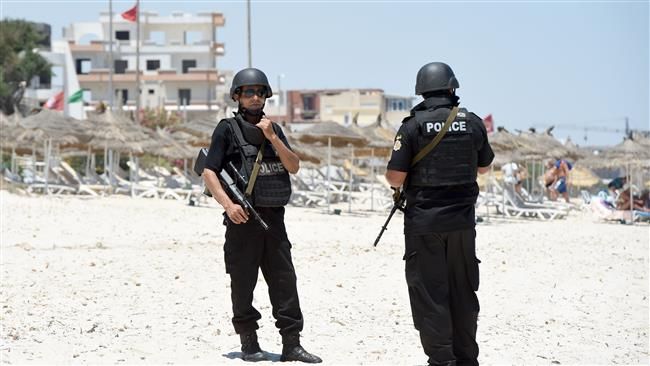
Following warnings that another terror attack was highly likely, thousands of British holidaymakers are to be airlifted out of Tunisia as tour operators implement emergency plans. The move has sparked a diplomatic row between the two nations.
Extra flights to the UK have been laid on to evacuate up to 3,000 people currently on package holidays and 300 independent travellers believed to be in Tunisia.

BYPASS THE CENSORS
Sign up to get unfiltered news delivered straight to your inbox.
You can unsubscribe any time. By subscribing you agree to our Terms of Use
The evacuation follows a warning from the UK Foreign and Commonwealth Office (FCO) on Thursday advising all British nationals in Tunisia to leave immediately.
In response to the travel warning, Tunisia’s ambassador to the UK accused the British government of playing into the hands of extremists by damaging the country’s vital tourism industry.
Tunisia’s prime minister, Habib Essid, reportedly said that he would call David Cameron to respond to London’s decision to tighten travel advice.
RT report:
Tour operator Thomson, which saw 30 of its customers killed in the attack, will bring all of its staff home from Tunisia following the FCO travel advisory.
An armed escort will accompany coaches carrying holidaymakers to Enfidha airport, which itself is heavily guarded by security personnel.
Around 20 planes will return tourists and staff back to UK airports, with holiday companies providing onward travel where needed.
An unknown number of independent travelers in Tunisia have also been advised to leave the country on commercial flights. Those who choose to ignore the FCO advice against non-essential travel will no longer have valid travel insurance, unless they are trying to find a way to leave the country.
Foreign Secretary Philip Hammond told the BBC the travel warning was put in place because intelligence suggests another terror attack is highly likely.
He said: “While we do not have any information suggesting a specific or imminent threat, since the attack in Sousse the intelligence and threat picture has developed considerably, leading us to the view that a further terrorist attack is highly likely.”
The Tunisian investigation into those behind the Sousse attack, and that on the Bardo Museum earlier this year, is on-going and the Tunisians have made clear they want to track down further individuals who they suspect may have links to this attack.
“Furthermore, we have now completed an assessment of the security measures in tourist areas and while we are working with the Tunisian authorities to further strengthen those measures, we judge that more work is needed to effectively protect tourists from the terrorist threat. Taking all these factors together, we judge that it is right and prudent to make this change today,” he added.
In a press statement published on Thursday, Hammond suggested Tunisian police are not capable of ensuring the safety of British tourists.
The Foreign Secretary said: “While we are working with the Tunisian authorities to further strengthen [security] measures, we judge that more work is needed to effectively protect tourists from the terrorist threat.”
Tunisia’s ambassador to the UK criticized the travel advice, arguing the decision was “what the terrorists want.”
Speaking to BBC Newsnight, he said: “By damaging the tourism, by having foreigners leaving the country, they damage the whole sector and put so many people out of work and on the streets.”
“Hotels have to close and this is an important industry. One of the sources of terrorism is lack of hope. It is not the only motor of it but it is one of the very important origins.”
Niamh Harris
Latest posts by Niamh Harris (see all)
- Zelensky Says US Politicians ‘Don’t Care About Ukraine’ - April 17, 2024
- Telegram Founder Says Apple & Google More Dangerous Than Governments - April 17, 2024
- Controversial TikTok Star Kyle Marisa Roth Dead At 36 - April 17, 2024


Be the first to comment